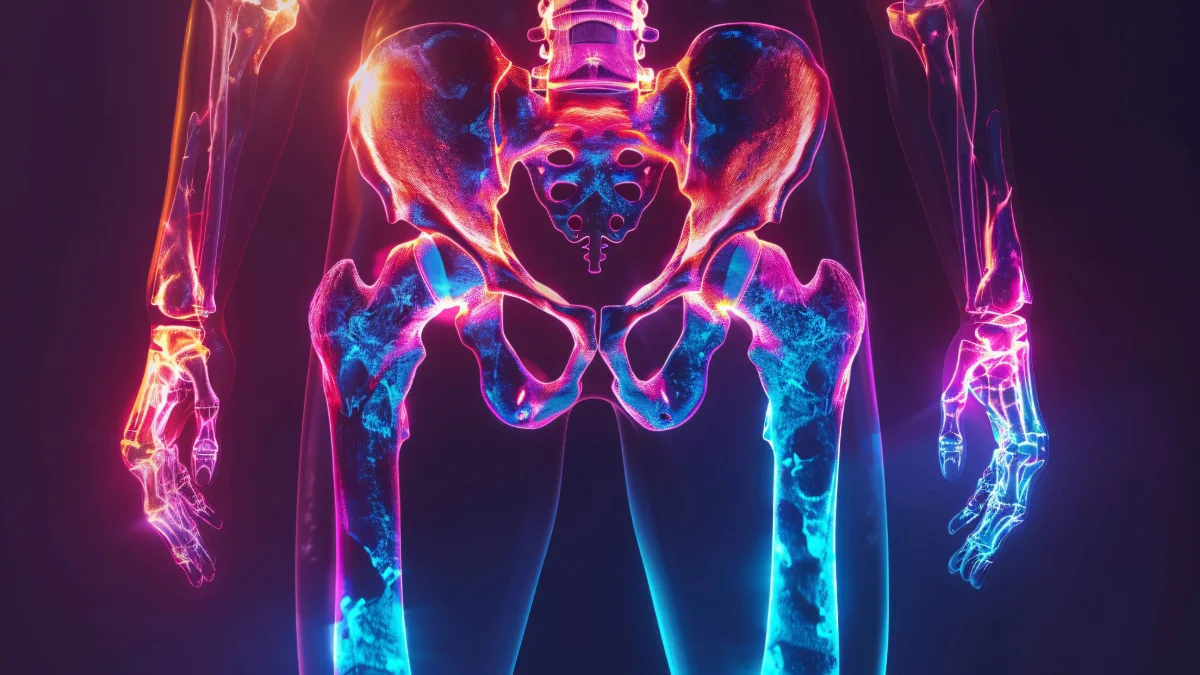Deep Brain Stimulation
Deep brain stimulation is a surgical procedure to treat uncontrollable muscle spasms caused by a loss of communication between different sections of the brain. This treatment includes implanting small stimulating electrodes in specific regions of the brain to prevent improper communication. DBS is an effective treatment for many neurological diseases, such as dystonia, Parkinson’s disease, and essential tremor. It has helped many patients recover and improve their life quality.
What is Dystonia?
Dystonia is a type of neurological disorder that causes unwanted muscle contractions. It results in repetitive and often painful movements or postures of certain body parts. These contractions can interfere with daily activities such as eating, talking, walking, and sleeping. Although primarily hereditary, it is also the third most common movement disorder in the United States, surpassed only by Parkinson’s disease. This condition is a serious and often severe medical condition that requires proper management and treatment.
Are you a Candidate for Deep Brain Stimulation for Dystonia?
Determining which patients would benefit from Deep Brain Stimulation (DBS) depends on several factors, including the type of dystonia symptoms and other medical considerations. Primary or secondary dystonia diagnosis, disability or likelihood of symptom worsening, and lack of responsiveness to available medical treatments such as Trihexyphenidyl or baclofen are some of the criteria that may be considered. Additionally, a trial of L-Dopa would be necessary to rule out Dopamine Responsive Dystonia (DRD). Furthermore, it is important to ensure there that the patient is in good enough health to undergo the procedure. These factors help to determine whether a patient is a suitable candidate for DBS.
Before the DBS Surgery
Deep brain stimulation for Dystonia is an elective surgery. Neurology offers it to patients who pass a preliminary evaluation and a Fast Track evaluation. Fast Track evaluation is a two-day process that involves appointments with neurosurgery, psychiatry, occupational therapy, physical therapy, speech and swallow evaluation, social work, and a neuropsychological exam to measure memory, thinking, and cognition. After the Fast Track evaluation, the interdisciplinary DBS team will discuss the assessments and schedule the surgery. Patients must carefully weigh the risks and benefits of the surgery before deciding to undergo it.
During Deep Brain Stimulation for Dystonia Surgery
The neurosurgeon will administer local anaesthesia to specific areas of your head. After that, they will secure a temporary head frame to ensure the utmost precision during the surgery.
During the Deep Brain Stimulation for Dystonia, you will be awake while a microelectrode is used to record activity in the brain to guide the placement of the lead in the exact area that will provide optimal results. Then, the surgeon will use a drill to make a tiny hole in your skull to insert microelectrode. An important step in the process that enables precise target site location is the microelectrode recording. Depending on how many passes are required, this may take many hours. Once the target site has been accurately located, a neurologist will insert a permanent DBS lead and connect it to an external generator.
Deep Brain Stimulation Side Effects
Deep Brain Stimulation may cause side effects. Fortunately, most DBS side effects are reversible by adjusting the settings on the stimulator.
Some of the common side effects of Deep Brain Stimulation for dystonia include:
- Tingling sensations in the fingers and face
- Changes in speech such as slurring or alteration.
- Light-headedness or dizziness after the procedure
These side effects are usually mild and can be improved by adjusting the stimulation parameters.
At Avicenna International Hospital, we prioritize the health and well-being of our patients, providing the best care for those seeking treatment for Dystonia disease through Deep Brain Stimulation (DBS). Our skilled specialists in the neurosurgery department offer guidance throughout the treatment process, ensuring that patients receive the best care possible. We understand the difficulty in deciding on treatment and are available to answer any questions you may have. To learn more about DBS and how it can benefit you, just fill out the contact form on our website and one of our experts will be in touch with you promptly. Our team is committed to providing unwavering support to help you every step of the way.







